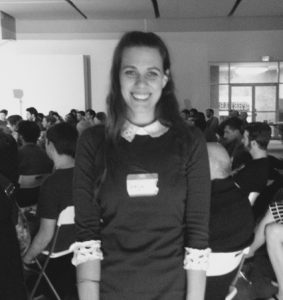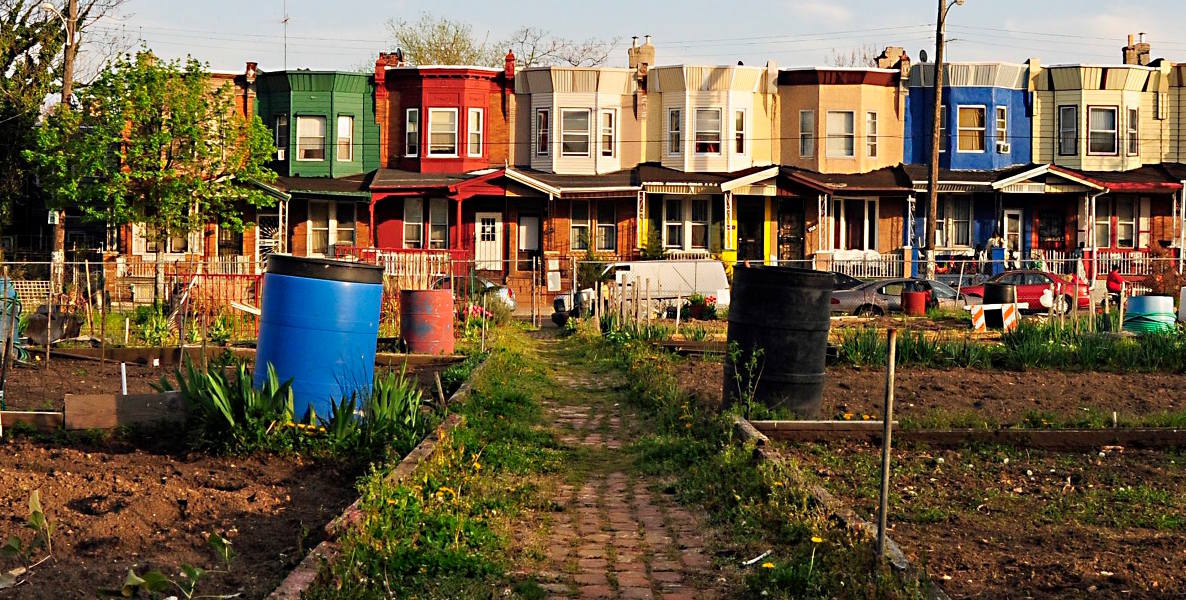Over the weekend, the New York Times devoted 3,500 words—a forest, really—to Philly native Sonja Trauss, a self-described anarchist who, in the Bay Area, has been challenging all sorts of preconceived notions around affordable housing, development and what cities are and ought to be.
Yesterday, I called her to talk about our forum next Monday at Industrious (230 S. Broad Street) on “Affordable Housing, Development and the Future of the City.” I’ll moderate among Trauss, Jake Liefer from the 5th Square urbanist PAC, and Karen Black of Healthy Rowhouse Project, which is working to help low-income homeowners stay in their houses.
The argument Trauss has been making in San Francisco, where housing stock is low and prices are sky high, is essentially that capitalism can be a force for social good. Her mantra is build, baby, build; the more development, the better. That strikes some progressives as heresy, but Trauss, who speaks in breathless italics, harkens back to her graduate studies in economics to explain her point.

“If you have a shortage of anything, you have to decide how to ration,” she says. “Rationing means people will be left out. You can ration by lottery, by waiting lists, or by price. We’re rationing by price right now. You can pass laws that try to fix prices, but history shows that, if we don’t increase supply, we’re fucked. What’s the difference between being able to afford something that isn’t available and not being able to afford something that is available? The answer is nothing. They both suck. Either way, you have a shortage.”
This idea of more development might strike some as counterintuitive. But, while our politics may be dominated by real examples of corrosive crony capitalism and rhetoric pitting the haves versus the have-nots, there are also movements like the B Corp revolution and the use of social impact bonds to serve the common good. To hear Trauss tell it, it’s not capitalism that sucks, it’s the people who use it to destructive ends. “I’ve been thinking a lot about this idea, that capitalism is what you make of it,” says Trauss. “It’s not a new concept. I found an essay from 1685 in London, entitled ‘An Apology For The Builder.’ Turns out that, since the dawn of capitalism, there’s been a fight over whether and how much to let cities grow.”
Trauss has been making headlines as much for her style as her substance. She clearly takes her issues seriously—but doesn’t take herself too seriously. She named her group the San Francisco Bay Area Renters’ Federation—or BARF, for short. (Full disclosure: She had me at BARF.) She’s using classic activist guerilla tactics—like suing suburban developers for not building enough, and trying to surreptitiously elect a pro-development director to the Sierra Club board—and shouts truth to power every day.
Trauss grew up in Germantown and attended Temple University. She cut her teeth fighting the Street administration’s efforts to run skateboarders out of LOVE Park over a decade ago, and still refers to Philly as if she lives here. Once in San Francisco, she found herself lost and lonely, before civic life rescued her.
Affordable Housing, Development and the Future of the CityDo Something
Trauss found her voice, and now finds herself often the center of controversy, which prompts nothing but giggles from her. Recently, she bought a handwritten sign off a homeless man on the street: “Nobody Wins ‘Cause Everybody Dies,” it read. It resonated, because the notion that, as she says, “Overall, nothing really matters” has insulated her from the political attacks. So now, emboldened, she won’t be shushed.
Come on out Monday night to hear that voice, and to hear from both Liefer and Black, two local change agents working towards more equitable housing for all Philadelphians. We’ll also have the essentials of Democracy on hand: Beer and pretzels.




